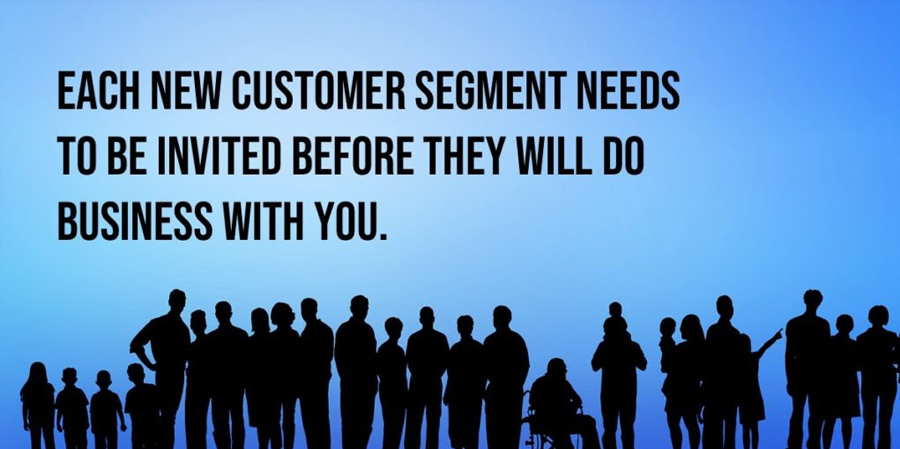Cult Brands Are inclusive and actively make customers feel welcomed
In Alexander the Great’s conquest of Persia, the Macedonian King upset his military compatriots and childhood friends by marrying Roxana.
Roxana was the daughter of a minor Persian baron. That is, she was not from Macedonia; she was not of Greek blood.
This outraged Alexander’s men who felt that he was disrespecting his homeland. But, Alexander didn’t identify himself exclusively as Macedonian or Greek. This great military strategist had a grand vision to create an empire that united the world as one people.
Alexander understood one of the fundamental principles of Cult Branding: Be Inclusive.
Inclusive vs. Exclusive
Destructive cults are exclusive. You are either in the group or you’re not. It’s a classic “us versus them” mentality that plagues humanity with feelings of superiority, specialness, judgment, and prejudice. If you’re in the group, you’re special. If you’re not, you’re nothing.
Benign cults—and Cult Brands in the commercial world—operate in the opposite fashion: they are inclusive. That is, they are open and inviting to anyone that wants to join the fun.
This doesn’t mean that a Cult Brand is for everyone. Since Cult Brands are distinct in the market—another of the principles of Cult Branding—they stand for something. They have a core set of ideals. As such, they only appeal to certain people who resonate with the ideals.
Cult Brands Are Inclusive
The ideals of Vans shoes, for example, probably aren’t going to speak to you if you’re not in the skateboarding community.
The annual, week-long Burning Man event now attracts around 70,000 attendees to the Black Rock Desert each August. Anyone is able to participate. As written in their ten guiding principles, “Anyone may be a part of Burning Man. We welcome and respect the stranger. No prerequisites exist for participation in our community.”1
And the wide range of attendees—from artists to billionaires, hippies to Silicon Valley CEOs—demonstrates that Burning Man is true to its word.
Big businesses like Google and Walmart also understand the power of inclusivity. Google seeks global inclusivity, a drive that only gets thwarted at the level of national governments. Walmart is inclusive of every neighborhood it builds a store, finding ways of working with as many local demographic and ethnic groups as it can.
Every organization, like every individual, has its limits and boundaries set by its beliefs, opinions, and worldviews. Inclusivity is not easy and it’s a challenge for any organization committed to this path.
How To Be Inclusive
Brands with loyal customers don’t alienate customer groups. They strive to be as inclusive as possible, constantly learning how to reach new customer segments.
The more inclusive you are, the more customer groups you open your business to and the larger your market potential becomes.
To become a more inclusive brand requires diligence. Being inclusive means gaining insights into new customer groups and then collaborating with your teams to discover ways of relating these new customers to what your business stands for, and serving them with respect.
Each new customer segment needs to be invited before they will do business with you.
How inclusive is your business today?
How inclusive do you want your business to be tomorrow?
…
Seeking to build and grow your brand using the force of consumer insight, strategic foresight, creative disruption and technology prowess? Talk to us at +971 50 6254340 or mail: engage@groupisd.com or visit www.groupisd.com/story


